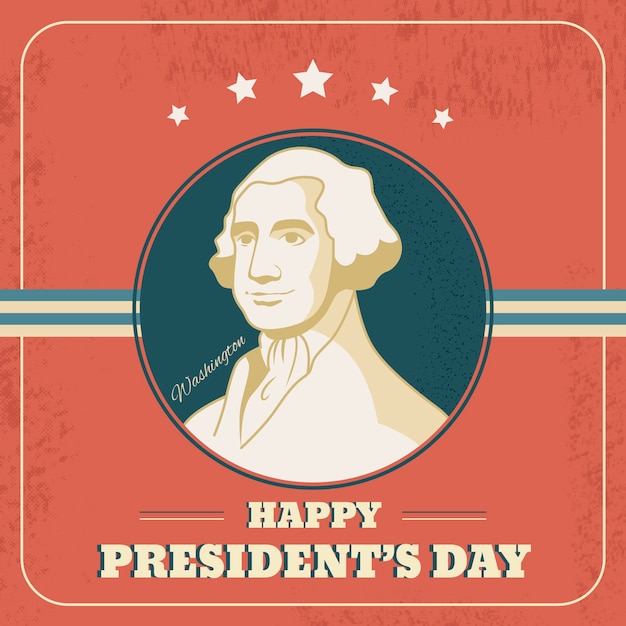Martin Luther King – Fascinating Facts Revealed

Martin Luther King Jr. was born on January 15, 1929, in Atlanta, Georgia.
He was named Michael King Jr. at birth, but his father later changed both their names to Martin Luther King Sr. and Jr.
Martin Luther King Jr. skipped two grades in high school and entered college at the age of
4. He became a civil rights activist at a young age and led the Montgomery Bus Boycott in 1955.
Martin Luther King Jr. was the youngest person to receive the Nobel Peace Prize at the age of
6. He delivered his famous I Have a Dream speech during the March on Washington for Jobs and Freedom in 1963.
Martin Luther King Jr. was arrested more than 20 times for his civil rights activities.
He was influenced by Mahatma Gandhi’s nonviolent resistance movement and incorporated it into his work.
Martin Luther King Jr. organized the Selma to Montgomery marches in 1965 to fight for African American voting rights.
He founded the Southern Christian Leadership Conference (SCLC) in 1957.
Martin Luther King Jr. was awarded over 50 honorary degrees from various universities.
He was a gifted public speaker and delivered more than 2,500 speeches in his lifetime.
Martin Luther King Jr. advocated for economic justice and spoke out against poverty.
He strongly believed in nonviolent protest as a means of achieving social change.
Martin Luther King Jr. was influenced by the teachings of Jesus Christ and the principles of Christianity.
Martin Luther King – Fascinating Facts Revealed part 2
He was posthumously awarded the Presidential Medal of Freedom by President Jimmy Carter in 1977.
Martin Luther King Jr. wrote several books, including Stride Toward Freedom and Why We Can’t Wait.
He was instrumental in the passage of the Civil Rights Act of 1964 and the Voting Rights Act of 1965.
Martin Luther King Jr. was assassinated on April 4, 1968, in Memphis, Tennessee.
His birthday is a national holiday in the United States, observed on the third Monday in January.
Martin Luther King Jr. was fascinated by Plato’s philosophy and incorporated its principles in his work.
He delivered his last speech, I’ve Been to the Mountaintop, the day before his assassination.
Martin Luther King Jr. was elected president of the Montgomery Improvement Association in 1955.
He graduated from Morehouse College with a degree in sociology.
Martin Luther King Jr. met with President John F. Kennedy to discuss civil rights issues in 1963.
He was an advocate for labor rights and spoke out against the exploitation of workers.
Martin Luther King Jr. organized the Great March on Detroit in 1963, demanding jobs for African Americans.
He was a strong supporter of education and urged African Americans to prioritize learning.
Martin Luther King Jr. believed that love and forgiveness were essential in the fight against racism.
He received threatening phone calls and letters daily due to his activism.
He became known for his use of biblical references in his speeches.
Martin Luther King Jr. inspired millions of people around the world to fight for equality and justice.
He was arrested in Birmingham, Alabama, in 1963 for participating in civil rights demonstrations.
Martin Luther King Jr. was influential in the creation of the Civil Rights Act of 1968, which prohibited housing discrimination.
He delivered his last sermon, The Drum Major Instinct, at Ebenezer Baptist Church.
Martin Luther King Jr. believed that everyone had the power to make a difference and should strive for greatness.
He was the first African American to be named Time magazine’s Man of the Year in 1963.
He received numerous death threats throughout his life but refused to back down from his activism.
Martin Luther King Jr. believed in the power of music to inspire and unite people.
He was influenced by the writings of Henry David Thoreau and Ralph Waldo Emerson.
He enrolled in a doctoral program at Boston University and earned his Ph.D. in systematic theology.
Martin Luther King Jr. wrote his famous Letter from Birmingham Jail in 1963 while incarcerated for civil rights protests.
He traveled extensively to spread his message of equality and justice.
Martin Luther King Jr. advocated for the empowerment of African American communities through economic self-sufficiency.
His leadership and courage continue to inspire future generations in the fight for civil rights.

